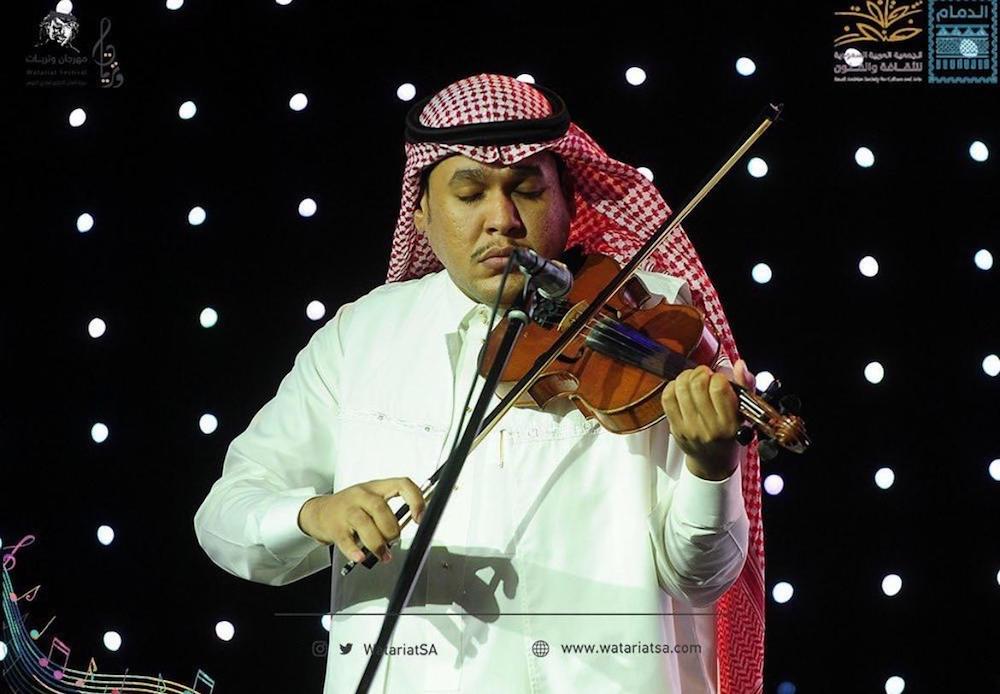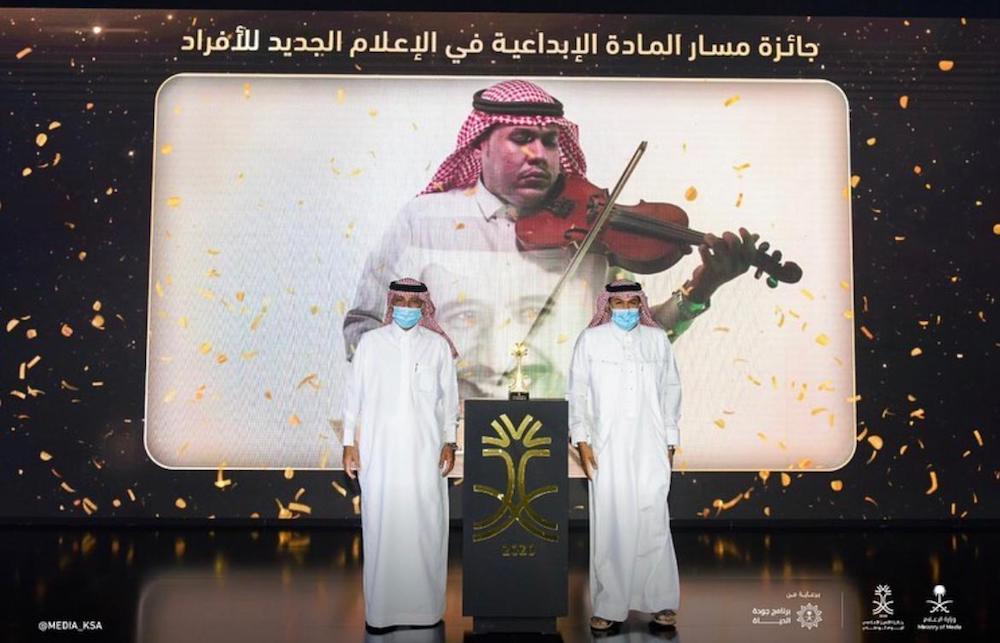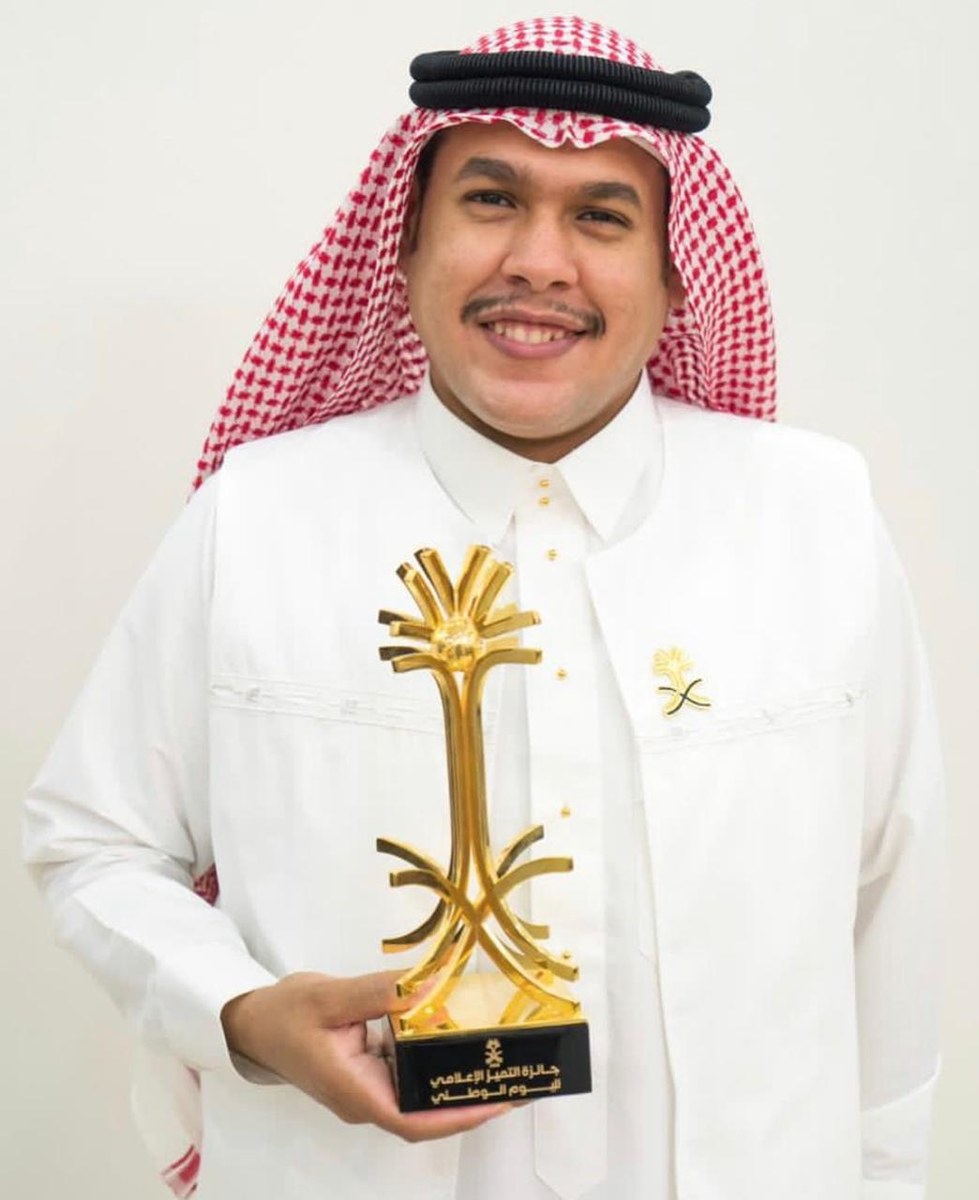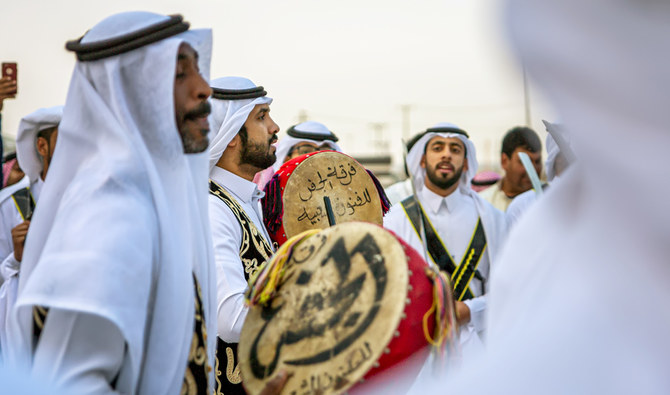UAE confirms 3,962 new COVID-19 cases, 7 deaths amid UK travel ban
LONDON: The UAE has been informed of the United Kingdom’s decision to place travel restrictions on flights coming from the country, the foreign ministry said on Friday.
It also said the Emirates “affirms that it will continue to maintain its role as an important travel and logistics hub in accordance with the highest health and safety standards.”
Thousands of people have been left stranded or had their travel plans disrupted after the British government introduced a total ban on flights arriving from the UAE.
Hind Al-Otaiba, director of the Strategic Communication Department at the Ministry of Foreign Affairs and International Cooperation, said, “the cornerstone of fighting the pandemic is the polymerase chain reaction (PCR) test and the UAE scored the highest per capita test rate in the world.”
She also said: “in light of the new changes taking place in the world, the UAE has intensified its efforts to mitigate these risks.”
Al-Otaiba said the new measures include requiring incoming travelers to submit a negative PCR test, imposing restrictions on places of entertainment and gatherings, and implementing awareness campaigns continuously with high transparency.
“We are confident in our ambitious vaccination program, which ranks second in the world in the total number of vaccine doses distributed in relation to the number of individuals, and we have full confidence in the medical infrastructure and frontline workers.”
She also said that the UAE will extend visit visas, without any additional fees, for British travelers affected by this decision, in light of the current circumstances.
Meanwhile, the UAE on Friday recorded 3,962 new coronavirus cases and seven virus-related deaths.
Officials from the Ministry of Health and Prevention (MoHAP) said the total number of cases since the pandemic began had reached 297,041, while the death toll rose to 826.
It also said that 2,975 people had recovered from the virus over the past 24 hours. The total number of recoveries is 269,999.
MoHaP also said that more than 3 million doses of the vaccine have now been administered as part of the Emirate’s national inoculation campaign, which aims to immunize 50 percent of the population by April.
Health minister Abdul Rahman Al-Owais said the vaccine centers across the country witnessed increasing turnout, adding that the recovery phase is approaching.
Dubai Municipality announced it had intensified its inspection campaigns. It said two businesses were ordered to close, six were fined and warnings were issued to 37 for not complying with precautionary measures.
Dubai Municipality has carried out half a million inspections since March 2020, during which 6,500 establishments were either fined, warned or closed for not adhering to the precautionary measures against Covid-19.@DMunicipality pic.twitter.com/TkzhF93pP9
— Dubai Media Office (@DXBMediaOffice) January 29, 2021
The authority also said it carried out half a million inspections since March 2020, during which 6,500 establishments were either fined, warned or ordered to close down for not adhering to the coronavirus precautionary measures.
Dubai Tourism also said it closed 23 establishments and fined 238 others during January, for not adhering to the precautionary measures.
Elsewhere, Kuwait reported 658 new cases of COVID-19, raising the total in the country to 164,108. The death toll remained 958 after no additional deaths were reported in the past 24 hours.
تعلن #وزارة_الصحة عن تأكيد إصابة 658 حالة جديدة، وتسجيل 516 حالة شفاء، ولم تسجل أي حالة وفاة جديدة بـ #فيروس_كورونا_المستجدّ COVID-19 ، ليصبح إجمالي عدد الحالات 164,108 حالة pic.twitter.com/b9pySQeImi
— وزارة الصحة – الكويت (@KUWAIT_MOH) January 29, 2021
In Bahrain the death toll stands at 372 after no new deaths were reported. The number of confirmed cases in the country increased by 468.
Out of 13535 COVID-19 tests carried out on 29 January 2021, 468 new cases have been detected among 198 expatriate workers, 265 new cases are contacts of active cases, and 5 are travel related. There were 284 recoveries from #COVID19, increasing total recoveries to 97948 pic.twitter.com/UZtA5FVj5I
— وزارة الصحة | مملكة البحرين (@MOH_Bahrain) January 29, 2021

Saudi Arabia announces 2 more COVID-19 deathsUAE flight ban leaves thousands of Britons stranded










